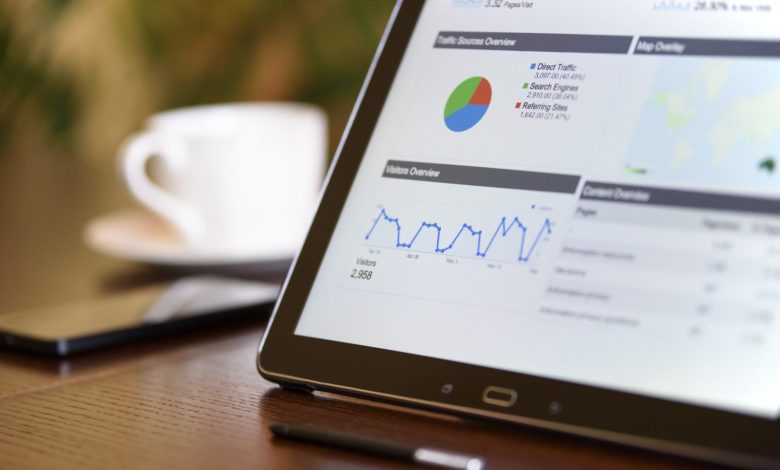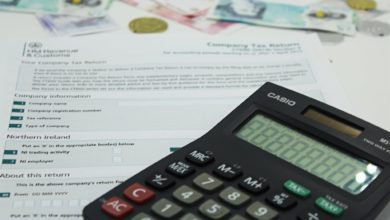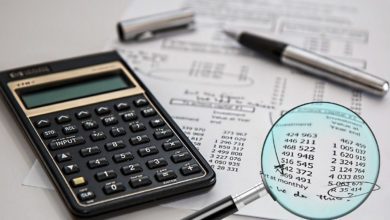
Compared to the rest of the world, accountancy has been slow to embrace technology. Sure, paper ledgers have since then given way to spreadsheet software and LED screens. But other than saving paper and ink, there hasn’t been much progress in the past 25 years.
Other industries are progressing at a very rapid pace. Vehicles are quickly becoming autonomous. Smartphones are becoming so smart they can learn your interests and tailor-fit to your needs. Even communications are in one form or another, using artificial intelligence to speed up transactions along. But we accountants seem to be content to do the same things we’ve been doing: crunching numbers on the same spreadsheets in slightly faster machines.
It’s bewildering how little accounting has changed over the years when technology and accounting are practically siblings. The basic double-entry accounting system is a marriage of numbers and programming. However, the innovation basically stopped when software could perform equations and turn them into pretty graphs, instead of proceeding to automation.
Industry watchers, however, are positive that AI is going to disrupt the accounting world, and it’s a matter of when, not if. Standard tasks like payroll, taxes, and auditing are likely to be the first things to go when AI becomes commonplace. These repetitive and time-consuming tasks will likely be child’s play for an AI program once it becomes sophisticated enough, and mistakes will be far easier to trace.
What should an accountant do to remain relevant in that future? The key, according to most industry experts, is to specialise.
Specialisation
With AI and machine learning taking over the “counting”, accountants must look to other fields and see how they can contribute to elevating the industry as a whole. The successful ones will be able to see interrelationships and create their own specific niches for them to fill.
It’s happened to other industries before, although not necessarily because of AI. In the field of medicine, for example, there are no longer just doctors. You have nurses, laboratory technologists, radiologists, etc all working together to provide healthcare. Even among doctors themselves, specialisation is usually the norm. Though general practitioners are still common, many physicians are opting to specialise in the many branches of medicine to fit a more specific niche. Outside the specific field of medicine are a whole array of scientists contributing to medicine in some form such as microbiologists, pharmacologists, neurologists, geneticists, etc.
While accounting jobs are experiencing no scarcity thanks to every industry’s need to keep accurate records and make reasonable predictions, this is not real specialisation. Despite serving different industries, accountants are still doing the same basic processes.
The closest that accountants have come to specialisation is in the fields of forensic accounting, where practitioners combine their knowledge of accounting and fraudulent practices to uncover possible criminal activity.
Mark Lee, an accounting expert from the UK, says that future accountants will look more like lawyers, using their knowledge on specific areas of taxes and business. Instead of crunching numbers, accountants may need to look at emerging patterns with the data and recommending actions instead of leaving that up to C-Suite executives.
Conclusion
Many accountants fear and resist AI integration for fear of losing lucrative jobs. While this is rightfully a cause for concern, this is likely also the only way for the field to innovate. The accountants of the future will be more advisers than bean counters. Most accountants already have the skills, they just need to create the roles.
Accountancy Today is your best source of accountancy news in the UK. Visit our website today for the latest updates on business, the economy, and more.








